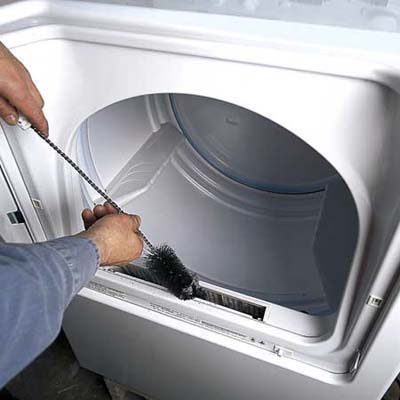Moving Checklist
The best way to organize your move is to set your move-in date then use this guide to keep you on track from two months right up until you move. If you wait until the last minute, you might find yourself stuck renting a U-Haul and begging friends to tote your boxes for pizza and beer. There’s a better way.
First, determine your move date, then get busy with this checklist.
60 days before move date:
Sort, purge and donate – Make sure you only move things you want, need, and use. Start by tossing out anything damaged, donate what can be, give away items, and purge the unusable.
Find a mover – The process is more intense for a long-distance move, and it pays to start early. Check reviews for customer complaints of lost/broken items. Narrow to three options, interview, then decide.
Make a moving journal – Both digital and paper records are helpful. Create a spreadsheet to track due dates, the checklist, and to-dos. Use a paper journal to jot notes as you go, so nothing falls in the cracks.
Organize records – Locate all your critical documents, so they don’t get lost in the shuffle. School, shot, and vet records, passports, birth certificates, etc.
45 days before move date:
Gather moving supplies – You can buy, but why? Craigslist and Freecycle often have free boxes and packing stuff from others that recently moved. Otherwise, buy what you need
Start paring back – It’s time to look again at what you can cull after the initial purge. Offer unwanted items on LetGo to get them out of the way, do another round of donations, and organize.
Measure and plan – Measure your new space and furniture. Find out what will fit and decide what to shed, replace, and buy. Apps like Amikasa, Home Design 3D, and Rooms are helpful.
Pack up out-of-use items – Pack things you won’t miss. Start with out-of-season clothes, décor, books, and rarely-used items. Label and stack boxes by room.
30 days before move date:
Confirm mover arrangements – Choose your mover, sign the contract, and pay the deposit. Consider moving insurance, but first, check with your renters or homeowners policy to see if they cover moving loss.
Pack and label – Begin serious packing. Take pictures off walls, pack up clothes, and start boxing up the kitchen including appliances and less-used items. Label and sort boxes by room.
Register change of address – Change your address with: bank, credit cards, magazines, insurance company(s), employer, and set up a change of address and mail forward with the USPS. See when you can get your driver’s license changed.
Change bills – Update digital subscriptions if they require zip code info for credit card processing. Go through your bank statements to jog your memory. If you change banks, reset auto-payments as well.
15 days before move date:
Secure your records and valuables – In addition to your critical records, identify valuables you don’t want to misplace while moving. Identify and organize jewelry, portable heirlooms, and items of particular value.
Get time off work and clear your calendar – Schedule time off a day before and after your move and clear your social calendar. You’ll be busy and exhausted and don’t need distractions during your move.
Confirm movers and engage critical services – Reconfirm the mover. Set up utilities at your new place. Most services can be engaged quickly. Turn new services on several days before your move and shut off the old a day after.
Order new furniture/mattress – Order needed new items. Is your mattress fit to move? (See below). Shopping online for a mattress is convenient. If possible, schedule delivery a day or two before your move, so it’s ready and waiting at your new place.
7 days before moving date:
Clean and repair – If you’re renting, it’s time to scour everything, putty nail holes, and break out the carpet cleaner, so you get your security deposit refunded. If you’re selling your house, cleaning and touch-up paint is just the start.
Refill medications – Make sure you have enough medication on-hand and don’t pack it – take it with you. Keep a first aid kit out for any moving incidents and prep other necessities.
Donate unused food – If you have perishables, you might not want to move them. Eat your leftovers, use what’s in the freezer and donate food you can’t consume. Canned and non-perishables are great to move.
Pack up everything else – With just a week to go, do your laundry, pack up everything except toiletries and some clothes. You can switch to takeout and paper plates so that you can pack most of your kitchen, too.
Moving day:
Get a good night’s sleep – If you follow the checklist and are organized, there’s no reason to stay up late worrying. Get to bed at a reasonable time for a full night’s rest. Keep a notepad at your bedside for last-minute notes.
Dispose of mattress – Moving is a great time to get a new or larger mattress if needed. Schedule pick-up of your old one. Takl is a good app to find help and if you want to recycle, check out local resources here.
Hand-carry valuables and documents – For the things you can’t afford to be misplaced, keep them with you. Hand-carry your passport, birth certificate, and critical documents plus jewelry and other valuables.
Monitor the movers closely – Keep an eye on the movers to ensure your things are handled carefully and nothing goes missing (or misappropriated). Have cash on hand to distribute gratuities at the end for a job well done.
For more helpful tips on moving, visit Tuck.com


